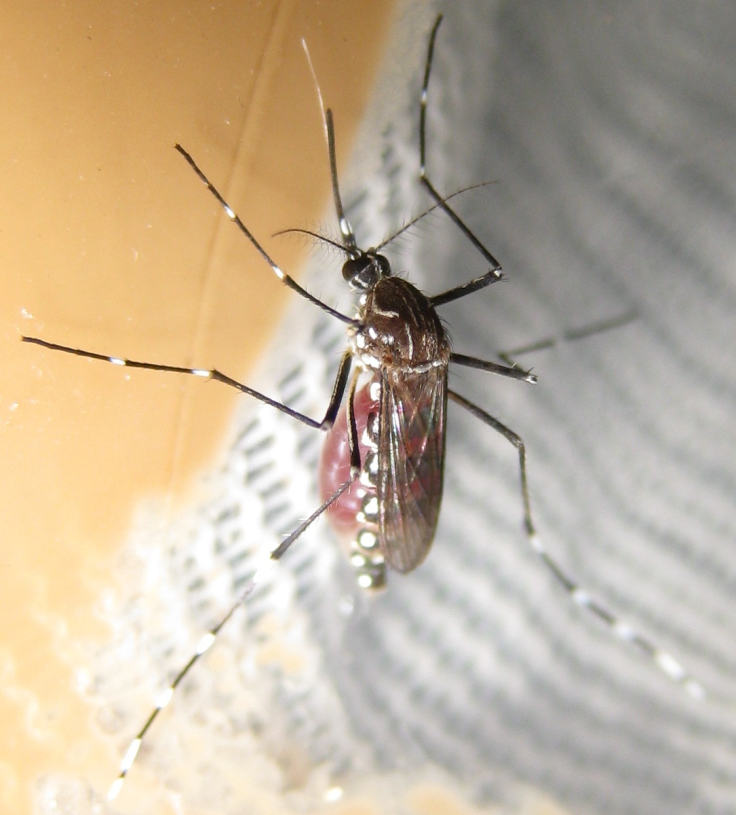Scientists Succeed In Using Bacteria To Stop Mosquitos From Spreading Diseases Like Malaria and Dengue

Mosquitos are known to spread deadly diseases such as malaria, dengue fever and yellow fever, yet after decades of work millions of people are still being infected yearly. Nearly 40,000 people each year die from dengue, for example, and there are currently no vaccines or treatments currently available.
But scientists are using innovative and surprising approaches to quell this epidemic.
Researchers have found that when a certain bacteria, called Wolbachia, infects mosquitos, the insects are unable to transmit deadly viral diseases (such as dengue) to animals. On the surface this seems like an immediate solution: just let the bacteria run rampant in areas where dengue and yellow fever are problematic.
The problem is that mosquitos that are infected with this type of bacteria have problems reproducing — and, as a result, the bacteria can't easily spread within a population.
So reseachers took to modifying the bacteria by adding a gene that imparts resistance to pesticides. The result is that the mosquitos then are able to become resistant to pesticides that are commonly used in areas that have endemic dengue infections, for instance. The mosquitos with the modified bacteria would then be able to out-compete their cousins with unmodified bacteria and remain unable to spread diseases to humans and additionally be able to spread the bacteria to other mosquitos.
Malaria infections and deaths have seen a sudden drop in the 10 years since this innovative approach was first put into action.
The overall numbers are encouraging: researchers have observed deaths drop by 20 percent since 2000 and 8 million fewer infections in the same time period. The drop was attributed to disease prevention and control measures such as ecological change, bed nets, and access to medications.
Yet there are still over 230 million people who become infected with malaria — another mosquito-borne disease — every year and close to three quarters of a million people who die from it. Sadly, it is mostly children who succumb to the disease. In other words, lots of work still needs to be done.
The research published in Proceedings of the Royal Society B: Biological Sciences can be found here.



























